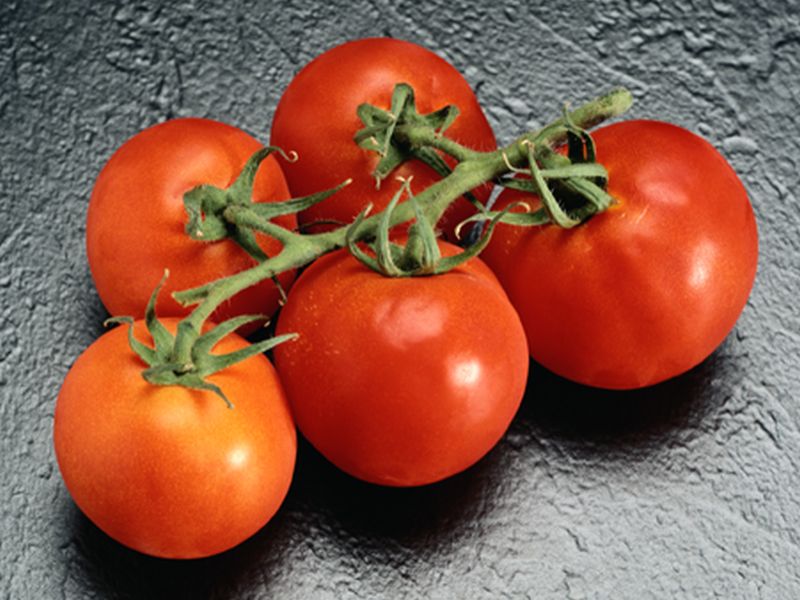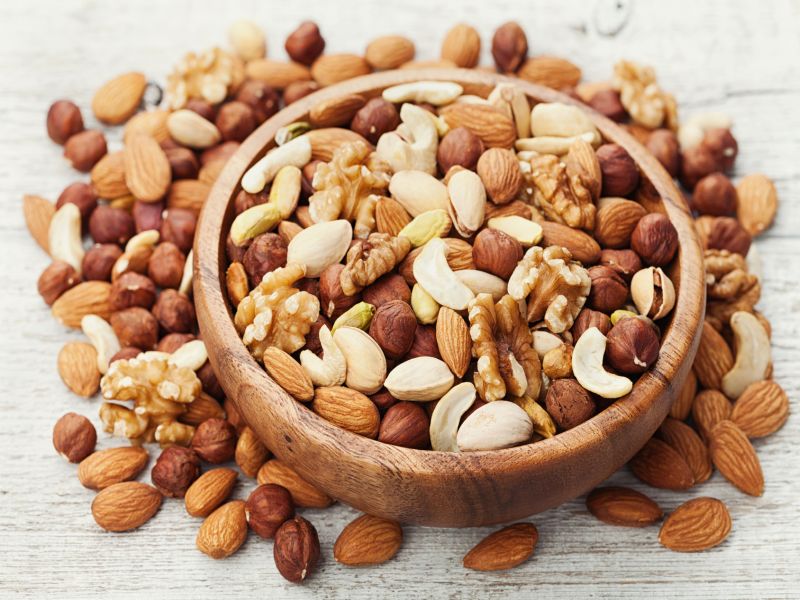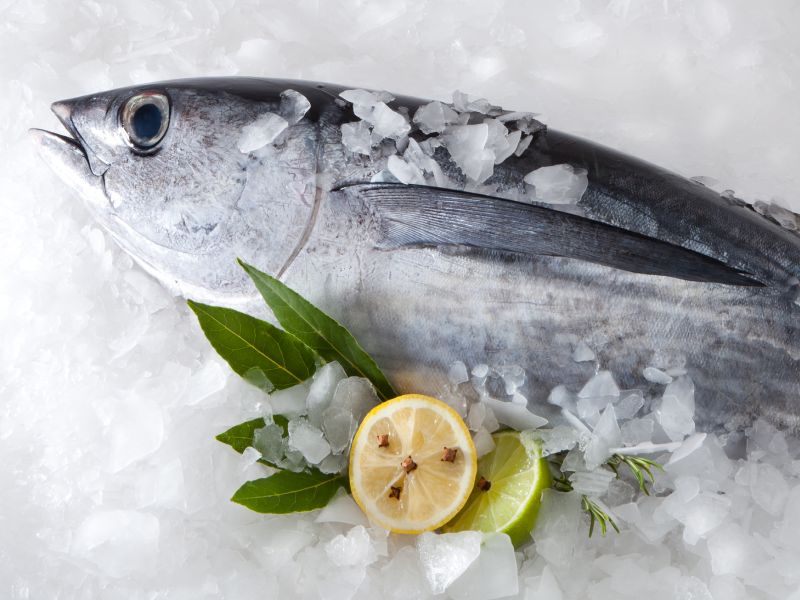
Desserts don’t have to be off-limits for people who want to eat healthier, says Johns Hopkins University. When preparing desserts, choose baked-good recipes made with skim milk, low-fat cream cheese or yogurt. Using bananas and applesauce as add-ins can also cut down on unhealthy oils and fats. Additionally, the university recommends ensuring that your sweets… read on >



























